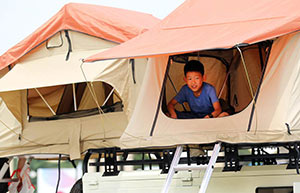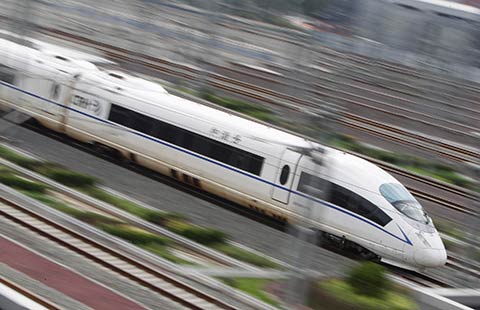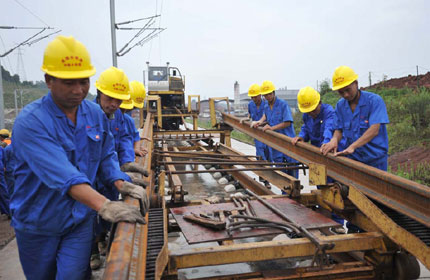"House-for-pension" a bitter option in graying China
(Xinhua) Updated: 2014-07-01 17:22But the sociologist believes it is impossible for the government to shoulder the burden alone, especially as society faces a surging number of senior citizens but shrinking resources in eldercare.
By the end of 2013, the number of people aged above 60 in China stood at 202 million, or nearly 15 percent of the total population. The traditions of relying on children for old age care are now challenged by the one-child policy. As lonely children struggle to look after their parents, there are insufficient nursing homes and personnel to fill in the blanks.
No countryside for old man
|
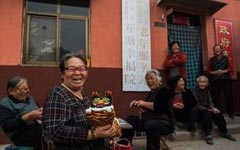 |
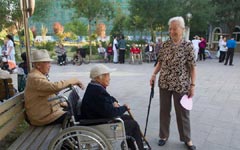 |
In China's vast rural areas, available eldercare alternatives are even fewer, and the latest "house-for-pension" trial is unlikely to benefit villagers.
Yin Shoutang, 71, lives with his wife, his 91-year-old mother and a granddaughter in the suburb of Wuhan. With a monthly pension of 2,200 yuan, Yin has to moonlight as a carpenter to make ends meet.
He has considered deeding his 110-square-meter house, but the problem is "my house is worth 200,000 yuan (32,520 U.S. dollars) at most. We may spend all the loan and die homeless."
Unlike in the big cities where houses are often exorbitantly priced, village huts in China are of less value and can only be sold to rural residents, making them a less likely a bet for a happier retirement.
For Wang Caixi, a villager in Wuhan, there is no such a thing as an alternative in his retirement plan.
The 67-year-old gave up ownership of his house during a renovation and registered it under the name of his son. He is now fully supported by his son, a migrant worker in Yunnan.
"All I have is my son, nothing else," he said.
- Grassroot Party chiefs reversing rural credit vacuum
- Free trade zone sees huge investment
- Reforms offer new opportunities for Japanese businesses
- Chinese credit cards top 400 million
- China pours $52.8b into new railway projects
- Yu'ebao shows slow Q2 growth
- 10 Apple stores to open in China
- Tailor-made shoes back in fashion

